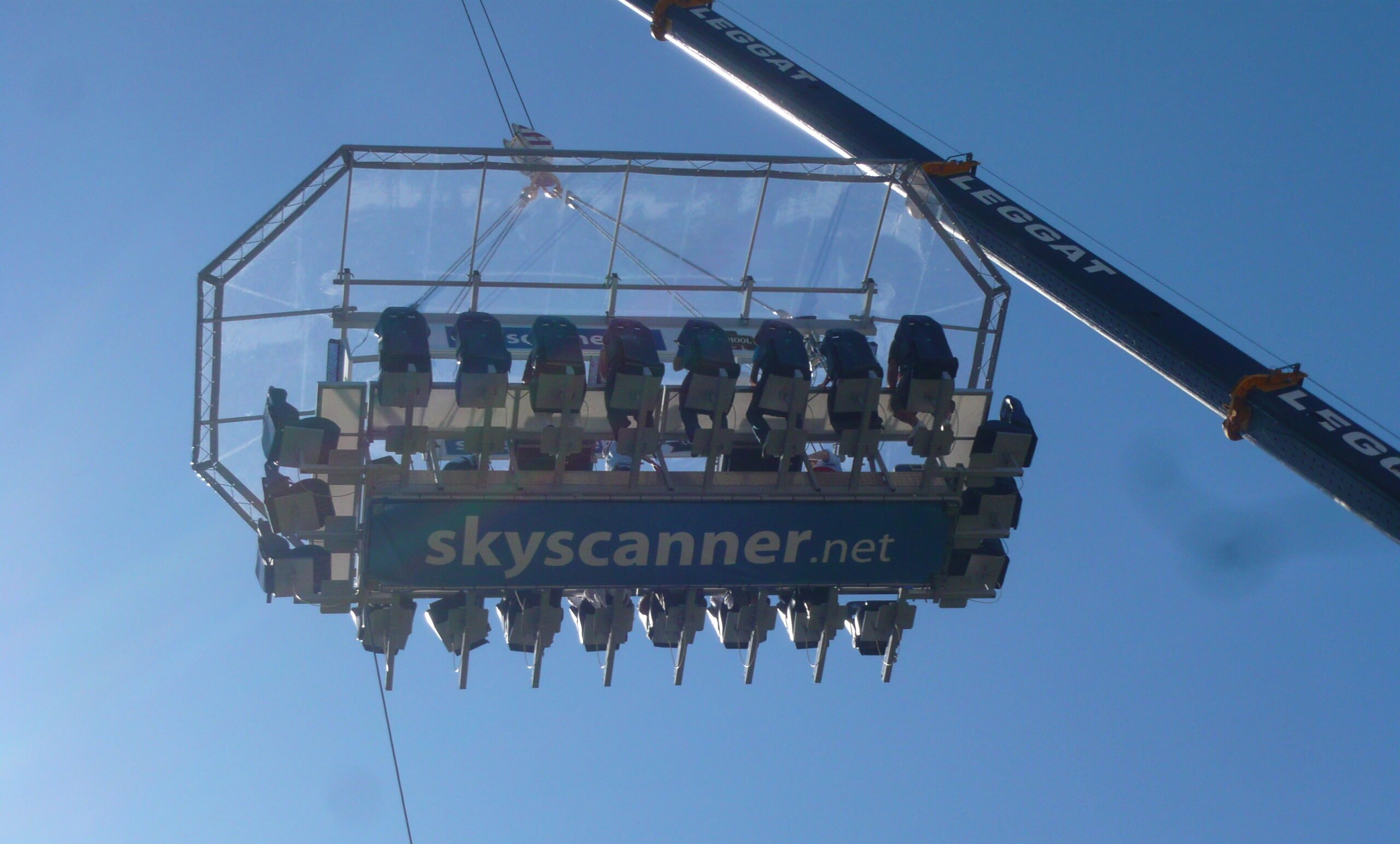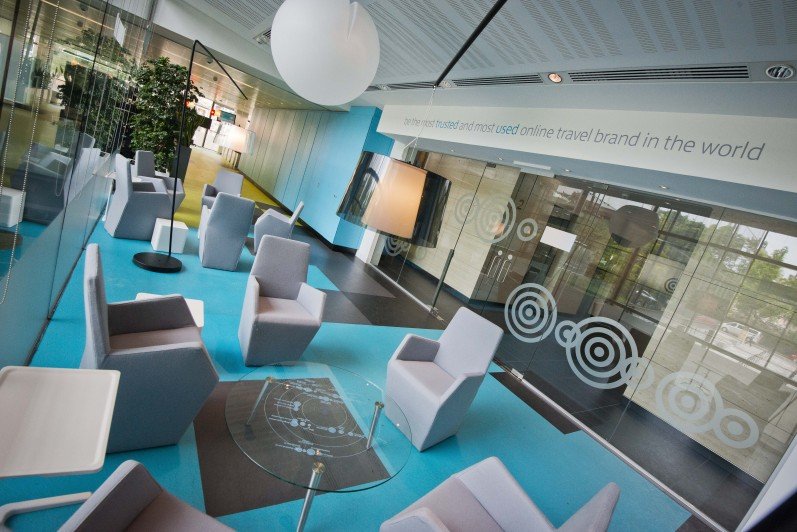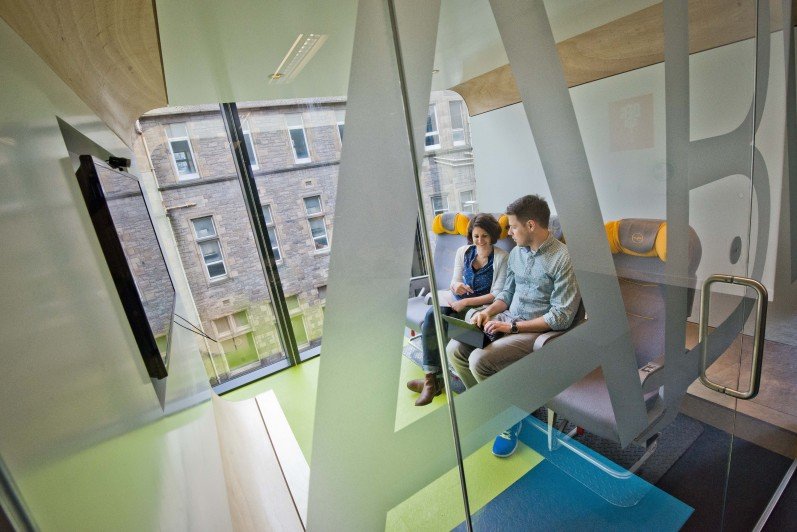One of of the most remarkable technology companies to come out of Europe is one that also gets surprisingly rarely mentioned, even though it has continued to grow its online business at a staggering rate for many years already. Originally cooked up in Edinburgh, Scotland, about 15 years ago - which is why we earlier referred to it as a veteran company - travel metasearch website Skyscanner has steadily scaled to become one of the fastest-growing tech companies in Europe today.
As a fairly frequent traveler, I use Skyscanner a lot to check for the best flights at the right price that are most convenient for my schedule. So I was delighted to recently meet with Skyscanner's chief operating officer, Mark Logan, at a hotel in Barcelona during the Mobile World Congress.
You can watch the interview above, but perhaps first some background: Skyscanner was founded in 2003 by current CEO Gareth Williams and two friends, originally to scratch their own itch (to compare pricing for flights to Europe’s ski slopes as quickly and as easily as possible, to be more specific).
Originally, the focus was on UK budget flights before extending to all UK flights, then to Europe, before focusing on becoming the (independent) global flight search website it is today. In the past few years, Skyscanner has moved from just flights to travel with hotel and car hire products, and put a lot of focus on scaling internationally and catering to mobile users across all major platforms; acquiring a few small companies from around the world here and there to step on the gas pedal in those areas.
Today, the company boasts a total of nine global offices with additional teams based in Barcelona, Beijing, Budapest, Glasgow, Miami, Shenzhen and Sofia. Skyscanner has over 35 million unique visitors each month, and its range of apps has been downloaded over 35 million times to boot.
In 2014, the company launched 'Skyscanner for Business' to deliver data-led tools to the travel industry, which helped increase revenues that year by 42% to £93 million (roughly $139 million), with EBITDA of £20 million (approx. $30 million). The company employs over 600 staff today.
One notable recent addition to its roster of employees is Adam Drake, who heads up a newly-formed data science team after working as chief data scientist for ad tech companies Zanox and Madvertise.
In the interview, I asked Logan (pictured left) about the company culture at Skyscanner and how the management team tries to preserve it.
That matters, as Skyscanner is now a member of the 'unicorn club' of companies worth $1 billion and up. In October 2013, Sequoia Capital valued the company at $800 million in a secondary investment, with the VC firm's chairman Michael Moritz joining the company's board to boot. That was the year Skyscanner booked £65.8 million in sales.
Another business-related tidbit worth noting, mentioned by Logan in the interview, is that the company is "very profitable" and funding all new products and growth initiatives out of its own cash reserves.
Logan said Skyscanner has no current plans to raise additional funding - aside from Sequoia, Scottish Equity Partners was prescient enough to invest back in 2008 - because it has always wanted to maintained focused on building great products for its users and expanding that base.
He did, however, acknowledge that an IPO for a company like Skyscanner is always going to be an option. No active planning to go public any time soon though, Logan said, adding that the company is "fortunate to have patient investors" and is not under pressure to exit in the short term.
Either way, with that kind of growth and its strong business fundamentals and values, I wouldn't be surprised to see Skyscanner's value go up significantly in the next few years.
Featured image credit: Craig Murphy / Flickr - all other images from Skyscanner








Would you like to write the first comment?
Login to post comments